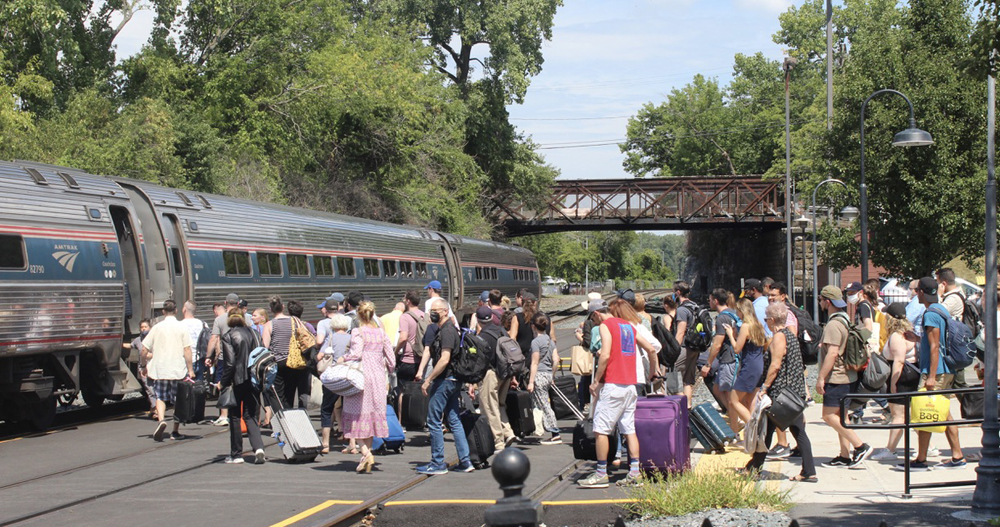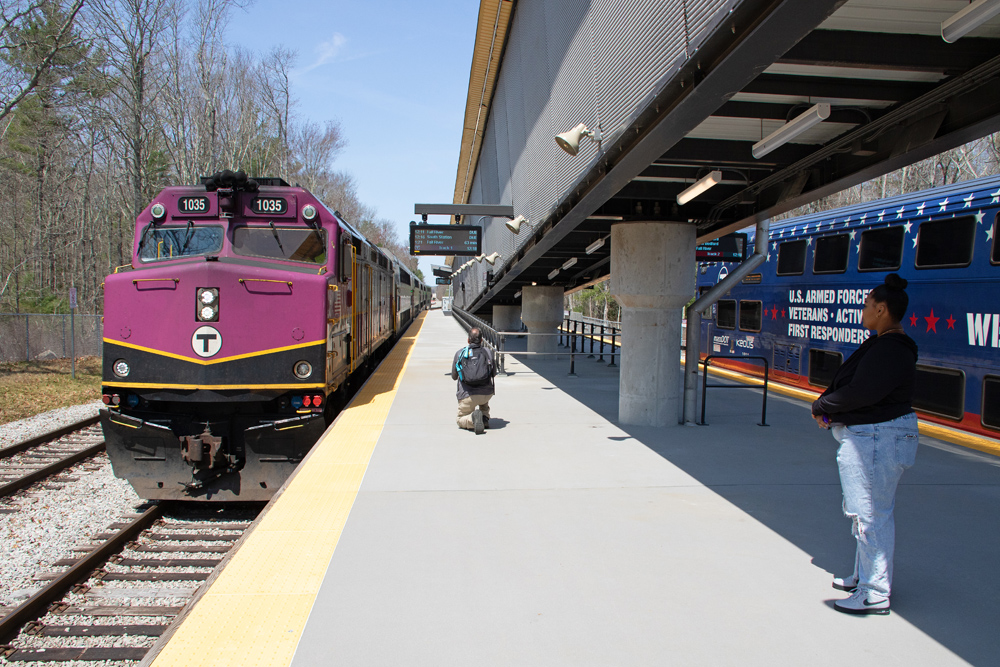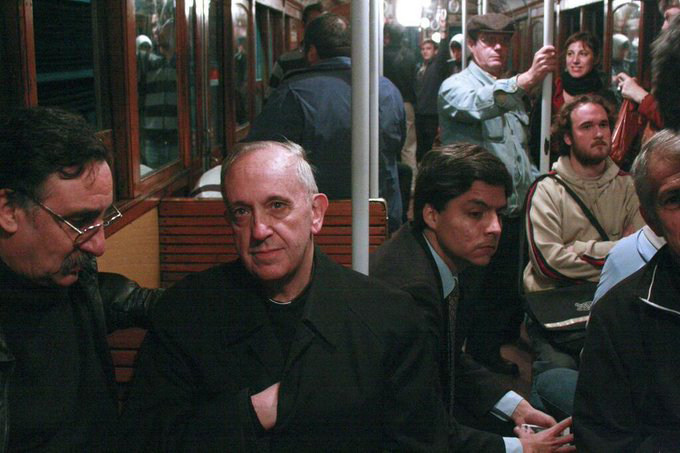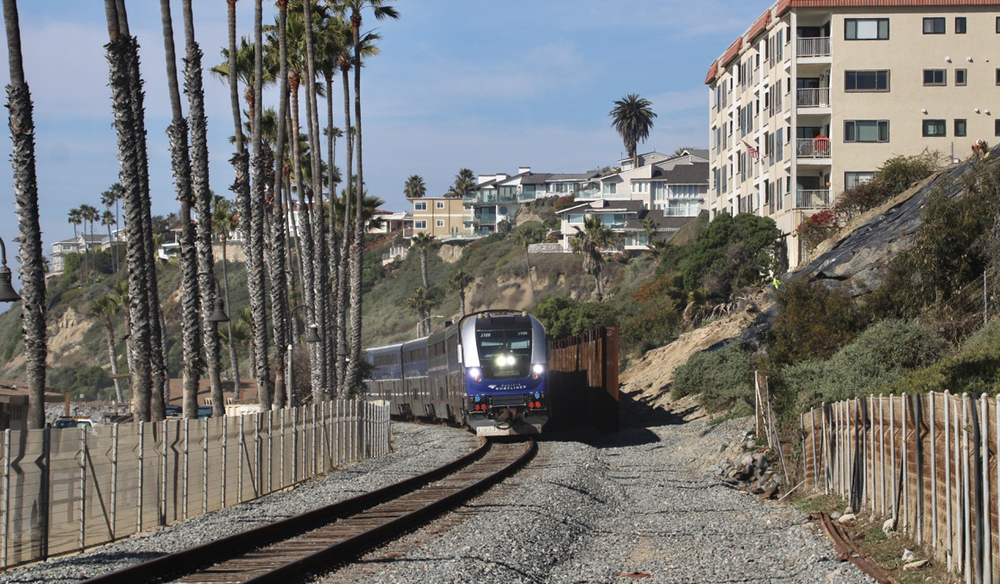That number is far below the amount Metra had hoped for, but the commuter rail agency’s board members expressed gratitude to legislators for the badly needed funding and for approving the state’s first infrastructure and public works program in 10 years.
“I call that hitting a home run,” Metra board member Rodney Craig says.
“We did good. We did great. There’s no doubt about it,” board member Steve Palmer adds. “We’re going to be in better shape than before, but we’re nowhere near solving all our problems.”
Metra officials have spent much of the past year advocating for passage of a state capital bond program and for more transit revenue. The agency’s campaign called for raising $5 billion in seven years. Without more capital funding to replace and repair Metra’s aging fleet of cars and locomotives, officials say Metra would have to consider service cuts.
The state capital program, largely funded by a 19-cent-per-gallon increase in the state’s motor fuel tax and other new revenue sources, is expected to provide $2.7 billion in bond revenue in the next five years for transportation in the six-county Northeastern Illinois region, according to Sam Smith, Metra’s director of government and community relations.
About $500 million of that amount has been earmarked for specific projects, Smith says, leaving about $2.2 billion for the Regional Transportation Authority to allocate to Metra, the CTA and Pace, the suburban bus agency.
Depending on what formula is used to divide that $2.2 billion, Metra’s share could be as much as $1.6 billion, Smith says.
In addition to the bond revenue, Metra is also expecting to receive about $100 million a year in “pay-as-you-go” transit revenue that would also be generated by the motor fuel tax hike.
Gov. J.B. Pritzker is expected to sign the legislation. His office will help negotiate allocation of the transit funding, Smith says.
Metra Chairman Norman Carlson says that when all direct and indirect transportation funding in the legislation was tallied up, the dividend to Metra could total nearly $2 billion. That figure would count funding that was earmarked for other projects but would benefit Metra.
These include $400 million for Chicago Region Environmental and Transportation Efficiency program, which includes projects that will facilitate Metra trains; $100 million toward extension of Metra service on a BNSF Railway line into Kendall County; and funds earmarked for repairs and upgrades at a number of specific Metra stations, perks requested by individual legislators.















“and funds earmarked for repairs and upgrades at a number of specific Metra stations, perks requested by individual legislators.”
That’s the way Illinois works. ” What’s in it for me” from the politicians.
Just overhaul the Locomotives, cheaper. Ive overhauled airplanes and helicopters that are 40 plus years young and still flying. If all the components were replaced, prine mover, traction motor etc are new, only the shell would be overhauled. And please stop buying ugly Locomotives also.
Ugly is in the eye of the beholder. Though E units would be attractive.